Pakistan's solar panel boom
A 'perfect storm' has created a renewable energy 'revolution' in the south Asian country
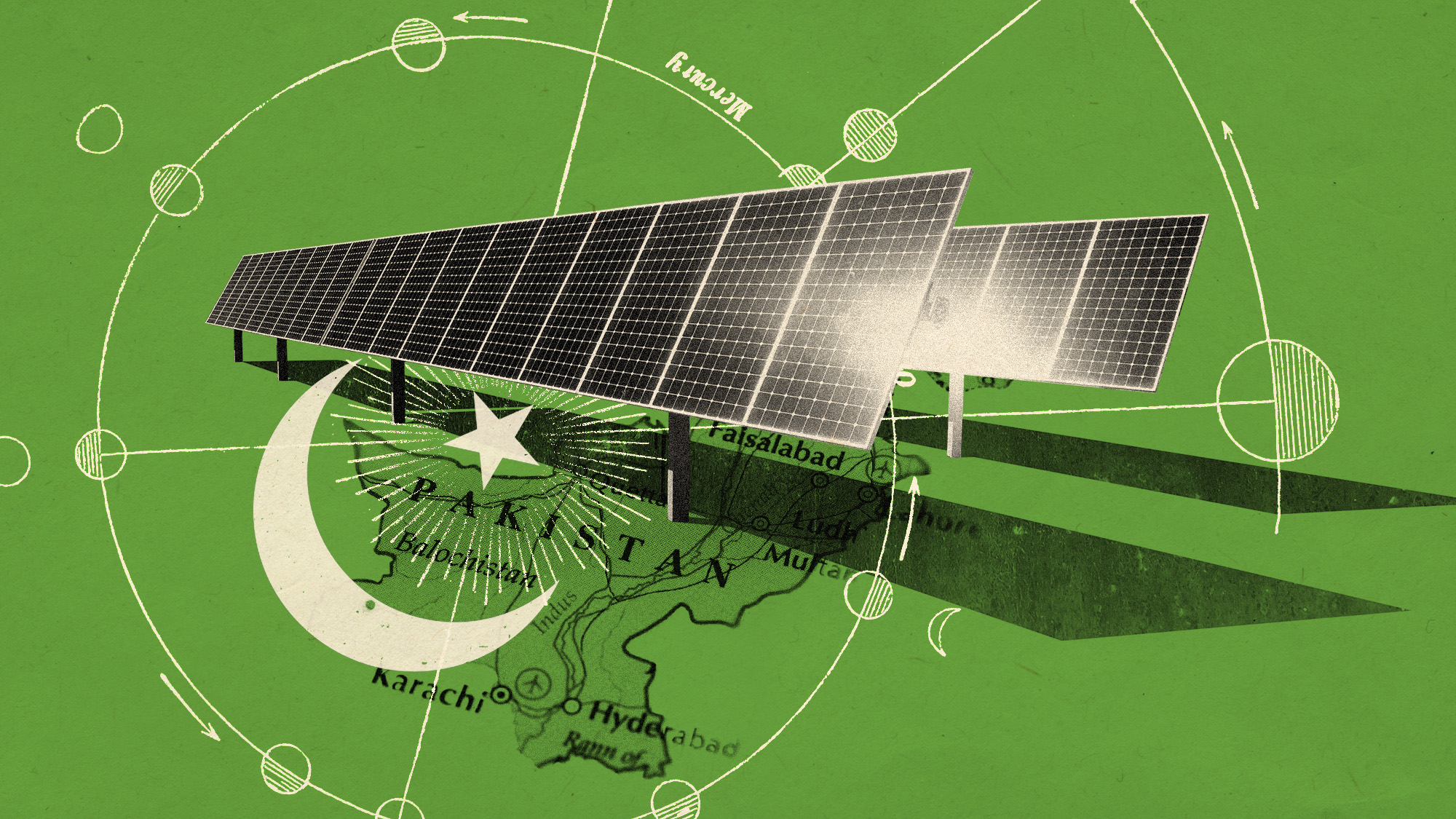
A free daily email with the biggest news stories of the day – and the best features from TheWeek.com
You are now subscribed
Your newsletter sign-up was successful
A grassroots revolution has helped Pakistan pull off one of the fastest solar revolutions in the world. Even as the nation "grapples with poverty and economic instability", it imported 17 gigawatts of solar panels in 2024, more than double the previous year, said CNN.
Solar power is the third-largest source of renewable energy globally, behind hydropower and wind – but it's the fastest growing. And nowhere is that boom more in evidence than in Pakistan.
'Perfect storm'
Pakistan's solar panel boom is the result of a "perfect storm" of factors, Waqas Moosa, chair of the Pakistan Solar Association and CEO of Hadron Solar, told CNN. One significant reason is the rise of electricity costs, which have "shot up" 155% over the last three years. Chinese "overproduction" of solar panels has also "lowered costs", said the World Economic Forum, turning Pakistan into the third-largest destination for Chinese exports.
The Week
Escape your echo chamber. Get the facts behind the news, plus analysis from multiple perspectives.

Sign up for The Week's Free Newsletters
From our morning news briefing to a weekly Good News Newsletter, get the best of The Week delivered directly to your inbox.
From our morning news briefing to a weekly Good News Newsletter, get the best of The Week delivered directly to your inbox.
Although the Pakistani government has tried to claim credit for the uptake of solar, it has been "very bottom up", Mustafa Amjad, from the Renewables First think tank in Islamabad, told CNN. Demand from "the people" has pushed markets to import more solar panels.
For some analysts, Pakistan's embrace of solar power "undermines an increasingly popular narrative that clean energy is unaffordable, unwanted" and only possible with "large-scale government subsidies". And for those living in the country, it offers a respite to expensive and often unreliable energy supplied by the traditional power grid.
Grid obsolescence
But the solar revolution hasn't come without its costs. The "flight of affluent Pakistanis" towards renewable energy has dealt a fresh blow to those relying on "pricey" conventional sources of power, said Reuters. Electricity companies who have "lost their most lucrative clients" have been forced to "additionally hike" costs to their "shrinking pool" of customers.
Most of the nation's solar panels aren't connected to sell excess capacity to the grid, meaning that the "benefits of cheap and reliable power aren't widely shared", and the "struggling urban middle class" have been "left out".
A free daily email with the biggest news stories of the day – and the best features from TheWeek.com
The sheer speed of the boom means it was "probably the most extreme" solar revolution to have happened in "any country in the world" in 2024, energy analyst Dave Jones told DW's "Living Planet" podcast.
But "you need to make sure that it happens in a sustainable way for the whole of the system". Otherwise, there's the risk of a "blanket ban on any more solar coming in", something that has already happened in other countries faced with a disruptive solar boom, like Vietnam. "You just turn off the taps and it stops," he said.
But the story of solar in Pakistan, particularly the way that uptake has been "driven primarily by market forces and with minimal political support", still holds "valuable lessons for other emerging markets", said the World Economic Forum.
Chas Newkey-Burden has been part of The Week Digital team for more than a decade and a journalist for 25 years, starting out on the irreverent football weekly 90 Minutes, before moving to lifestyle magazines Loaded and Attitude. He was a columnist for The Big Issue and landed a world exclusive with David Beckham that became the weekly magazine’s bestselling issue. He now writes regularly for The Guardian, The Telegraph, The Independent, Metro, FourFourTwo and the i new site. He is also the author of a number of non-fiction books.
-
 6 of the world’s most accessible destinations
6 of the world’s most accessible destinationsThe Week Recommends Experience all of Berlin, Singapore and Sydney
-
 How the FCC’s ‘equal time’ rule works
How the FCC’s ‘equal time’ rule worksIn the Spotlight The law is at the heart of the Colbert-CBS conflict
-
 What is the endgame in the DHS shutdown?
What is the endgame in the DHS shutdown?Today’s Big Question Democrats want to rein in ICE’s immigration crackdown
-
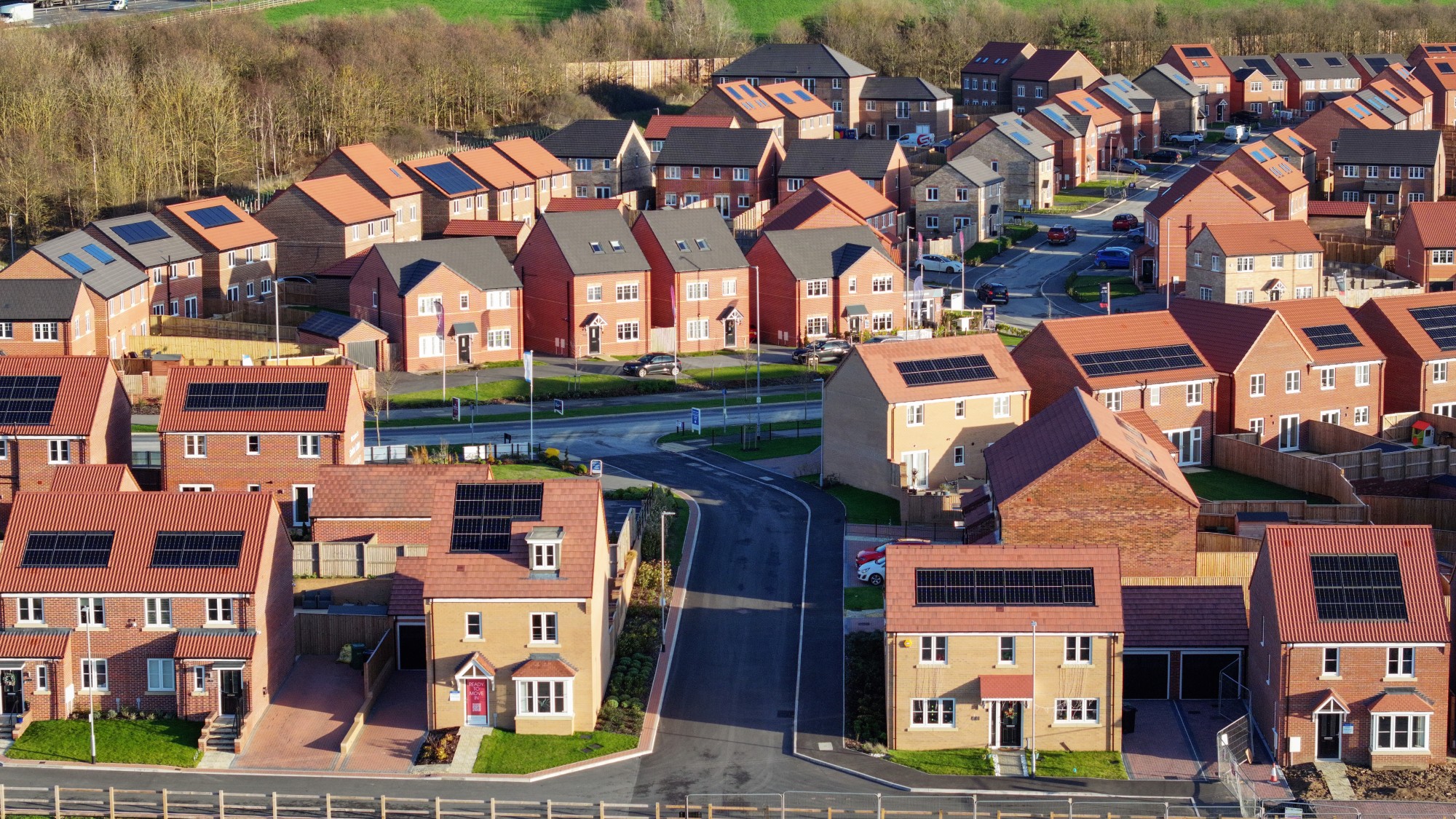 Zero-bills homes: how you could pay nothing for your energy
Zero-bills homes: how you could pay nothing for your energyThe Explainer The scheme, introduced by Octopus Energy, uses ‘bill-busting’ and ‘cutting-edge’ technology to remove energy bills altogether
-
 Environment breakthroughs of 2025
Environment breakthroughs of 2025In Depth Progress was made this year on carbon dioxide tracking, food waste upcycling, sodium batteries, microplastic monitoring and green concrete
-
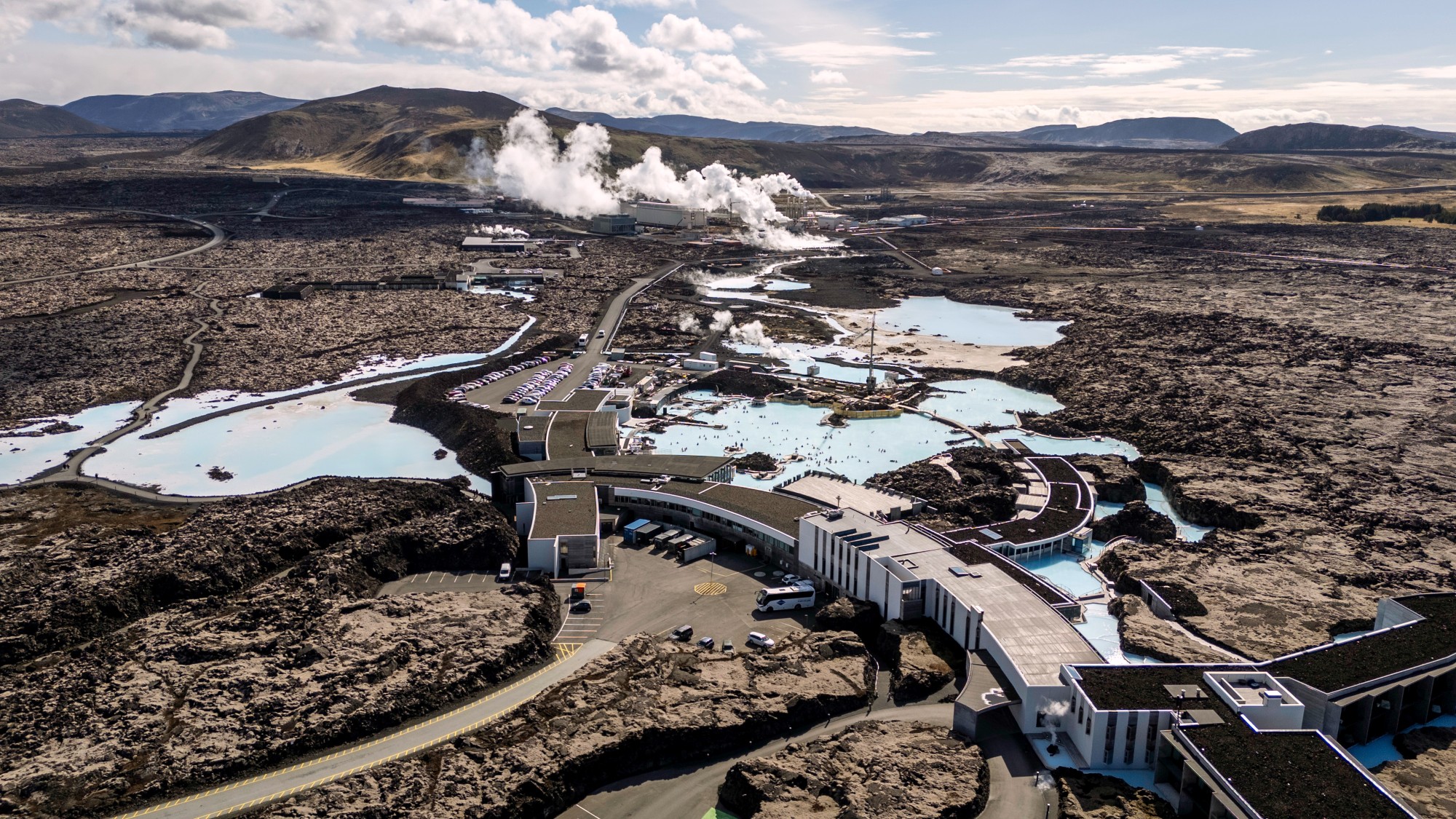 Pros and cons of geothermal energy
Pros and cons of geothermal energyPros and Cons Renewable source is environmentally friendly but it is location-specific
-
 Builders return to the stone age
Builders return to the stone ageUnder the Radar With brick building becoming ‘increasingly unsustainable’, could a reversion to stone be the future?
-
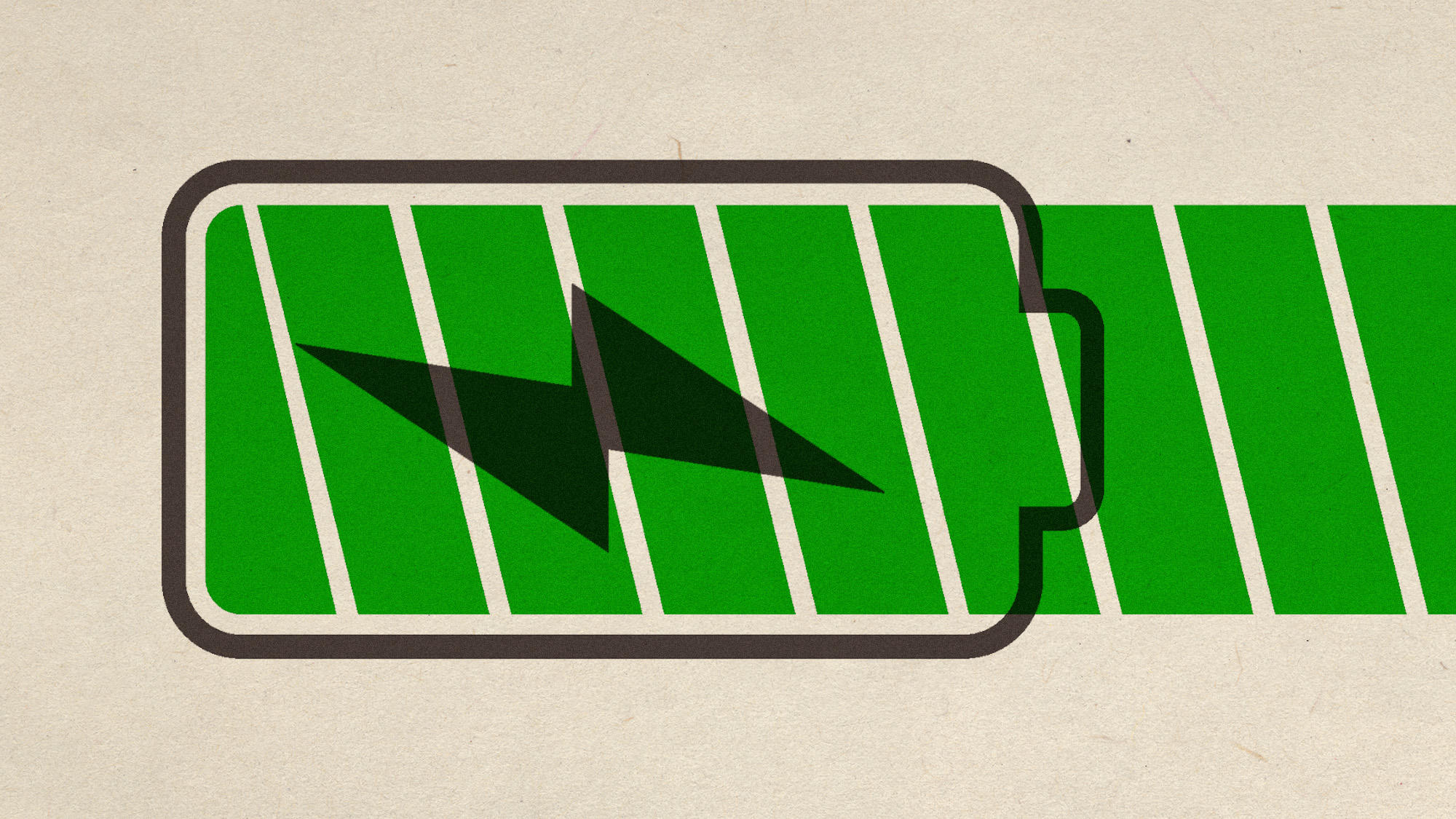 Megabatteries are powering up clean energy
Megabatteries are powering up clean energyUnder the radar They can store and release excess energy
-
 Renewables top coal as Trump seeks reversal
Renewables top coal as Trump seeks reversalSpeed Read For the first time, renewable energy sources generated more power than coal, said a new report
-
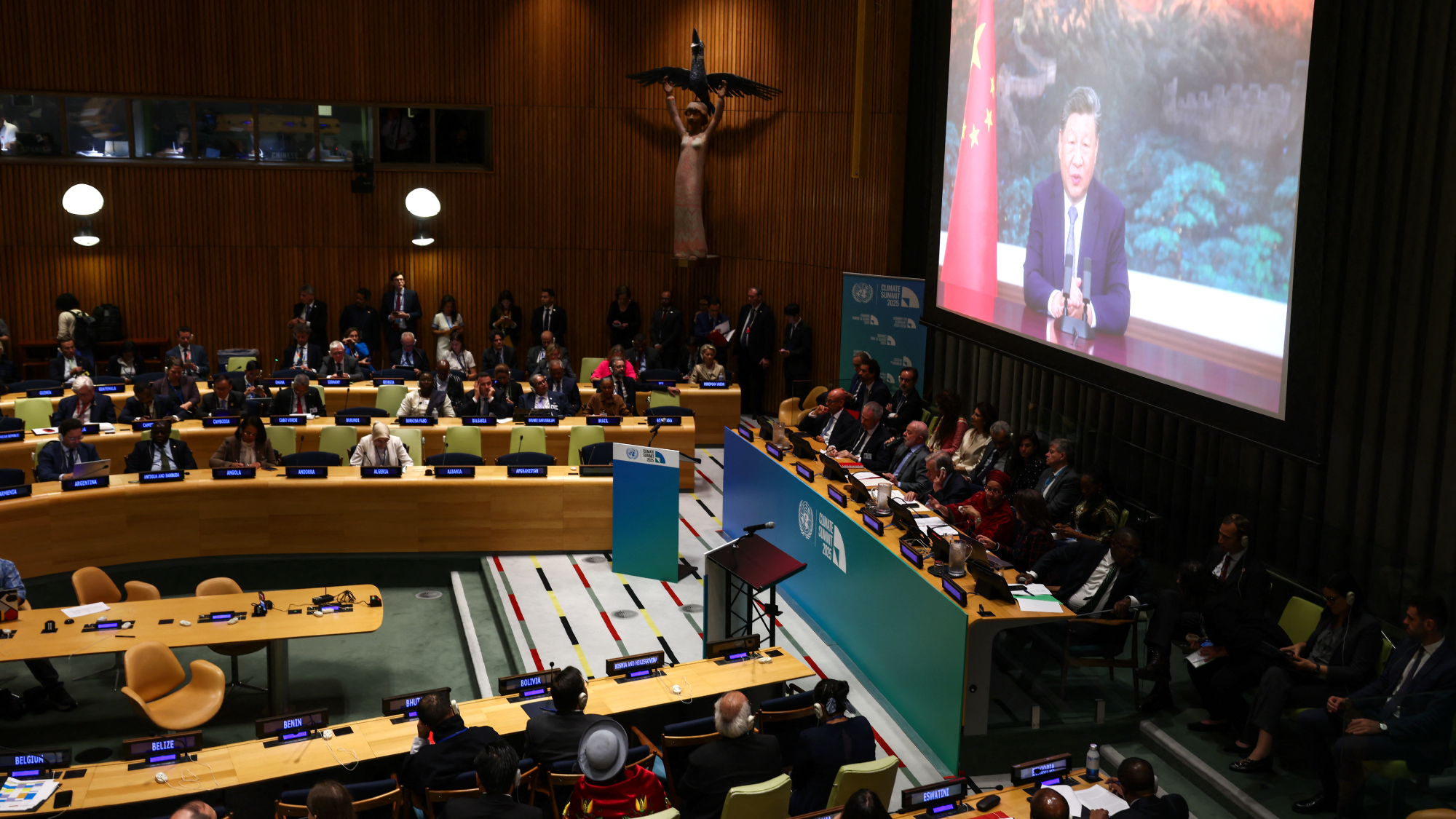 China vows first emissions cut, sidelining US
China vows first emissions cut, sidelining USSpeed Read The US, the world’s No. 2 emitter, did not attend the New York summit
-
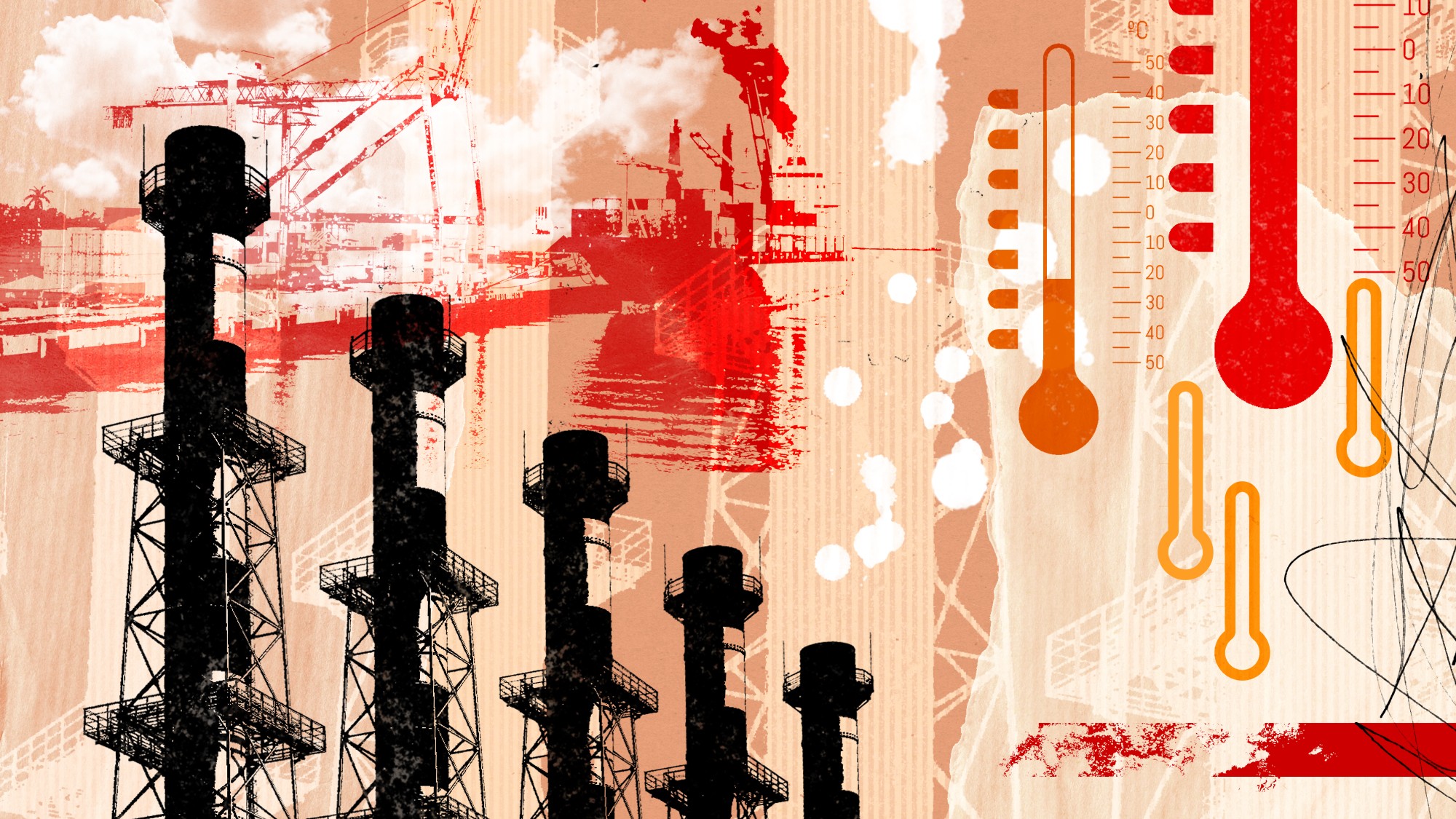 How clean-air efforts may have exacerbated global warming
How clean-air efforts may have exacerbated global warmingUnder the Radar Air pollution artificially cooled the Earth, ‘masking’ extent of temperature increase